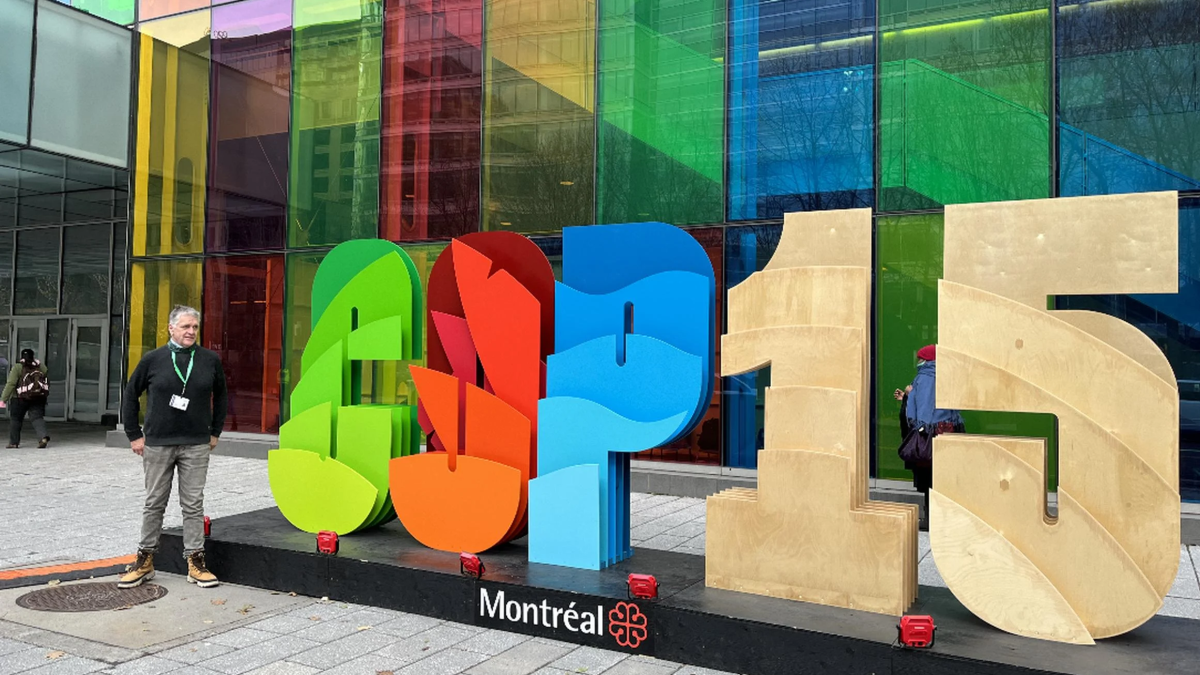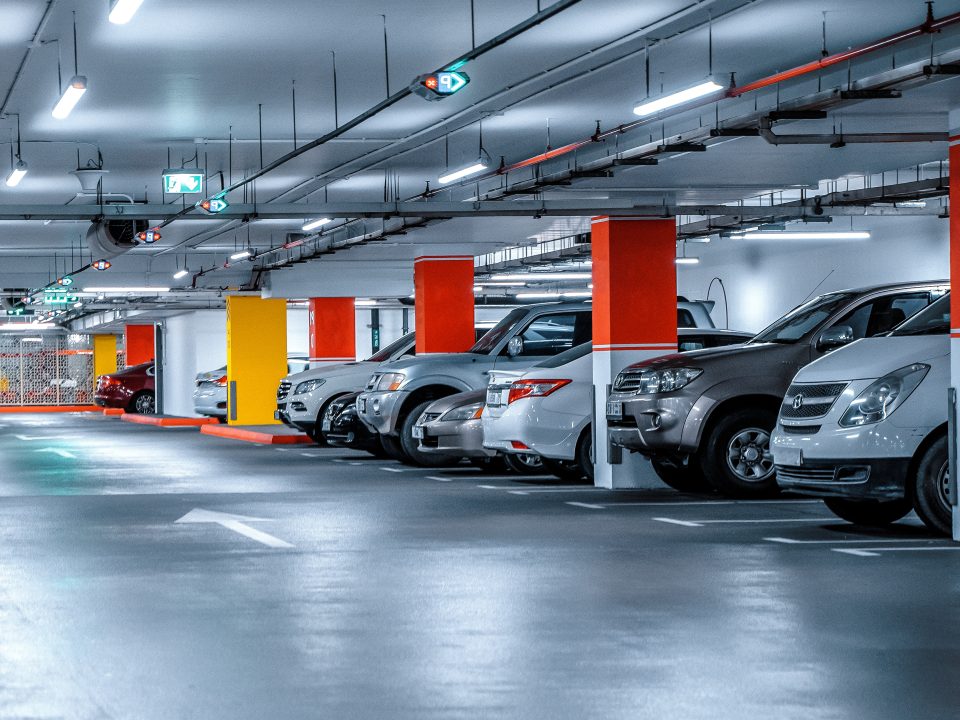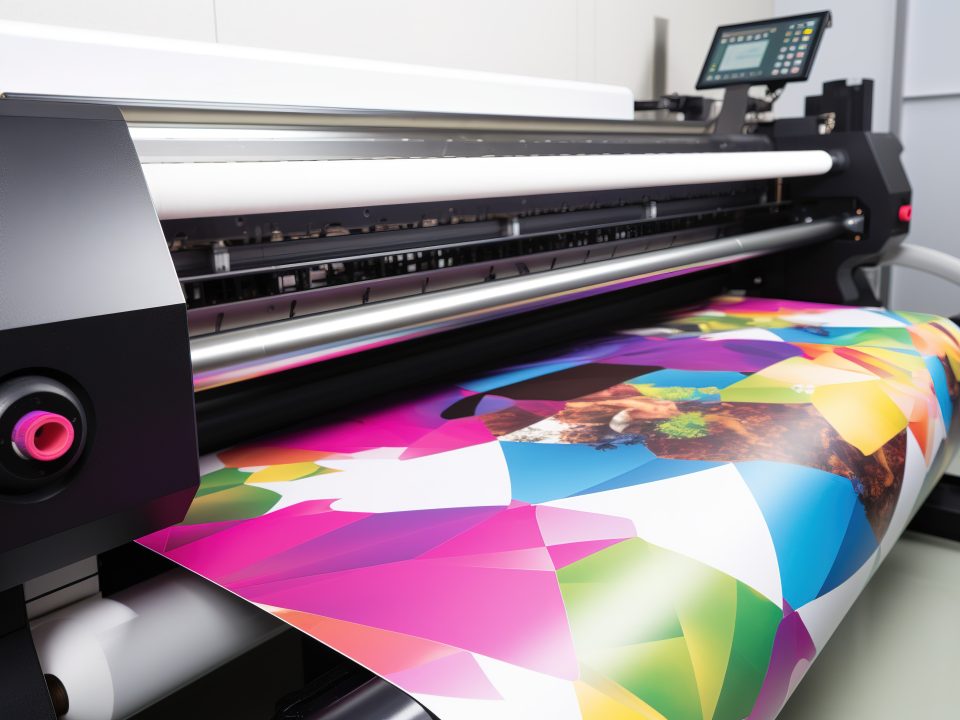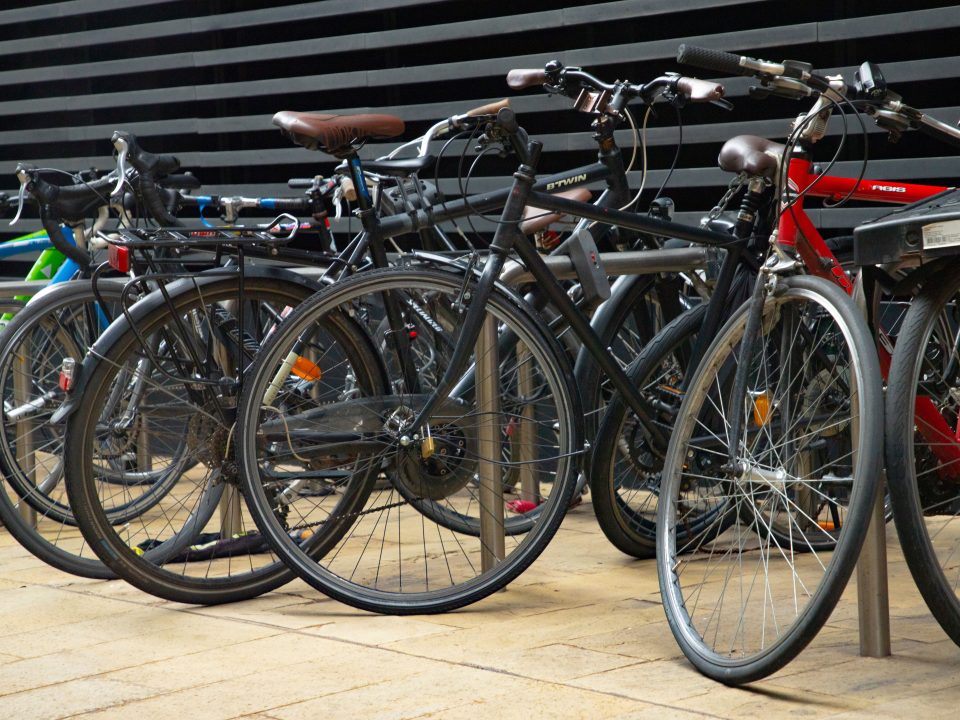Parking needs to find its true nature

It is easy to think of biodiversity as just nice to visit and look at, but without it our entire support system for human as well as animal life would collapse. We sometimes think we can lose part of it, but the interconnected nature of it means that the impact be enormous. From mass extinctions of animal life to the destruction of the rain forests the damage to biodiversity affect us all.
Often seen in the media as the little brother of the climate change conference, COP15 focussed on creating and monitoring attempts to end the catastrophic decline in biodiversity that has been occurring in recent years. Nature is critical to meeting the sustainable development goals of limiting global warming to 1.5 degrees.
COP15 is shorthand for the 15th meeting of the Cconference of the Parties to the UN Convention on Biological Diversity (CBD), a two-week summit that took place in Montreal, Canada, from 17-19 December 2022. I was very fortunate to be able to attend COP15 in Montreal after the conference was moved from China over COVID fears. It is not often that you get the chance to witness something historic and life changing but this event was certainly that.
Vast amounts of public money go on projects and industries (like ours) that do immense damage to the environment and we need to ensure this changes and money is targeted at reducing and reversing this damage.
The parking and traffic management industries have an essential interest and role in this field as the transport sector accounts for 21% of the world carbon emissions and urbanisation in which cars play a huge role account for much of the loss of 420 million hectares of forest since 1990. In addition, cars contribute with other forms of transport to pollution that causes 1.8 billion excess deaths and causes 2 million children to develop asthma.
Few now doubt either the extent of the challenges facing us in terms of climate and biodiversity disaster or our own individual responsibility to act both individually and collectively.
For us working in the parking sector it means, simply, the need for less and less polluting cars, lorries and coaches. It means coming up with the technologies to improve the use of electric vehicles and make them the sensible choice for all.
- It means innovating around emissions charging, congestion charging, road charging reducing speed limits and creating shared use spaces that de-prioritise use of cars.
- It means helping the goal creating of smart cities with transport hubs that rationalise and reduce the number of vehicles and ensure those that exist are carbon neutral.
- It means taking a stand against road building and innovating and creating digital technologies that reduce emissions.
It means contributing to and investing in projects that enhance biodiversity and that make the environment better for all and not just the road user.
Innovations aimed at mitigating the impact our industry has included the launch of an electric charging corridor for trucks in Europe, the creation of an active travel corridor in Edinburgh and other initiatives. It also means however recognising the problems that we have created and stopping the incessant chatter of ‘green washing’ where we seek label our products as green when they clearly are not.
The key outcomes at COP15 were twofold. Firstly, the setting of an internationally recognised targets in 23 different areas, the headline, to protect 30% of the earths land, oceans, coastal areas and inland water by 2030. Secondly, as at the climate conference, to have a fund for poorer nations to tackle the problems in their country. In essence an admission by the developed world that we bare the lion’s share of the responsibility for the state we are in and will have contribute more to ameliorate it.
Watching the conference in action was fascinating as 10,000 people from around the world representing 192 countries, negotiated, cajoled, and went to the wire in finding an agreement that helped the situation as well as having a realistic chance of being implemented. It was humbling to watch the effort and though I left the conference more aware and more troubled by the state of biodiversity and the part our industry plays in it, I was conversely enthused and optimistic that maybe we had a chance, and even if not, it was our duty to the planet our children will inhabit to try our very best.
Gavin Reddin is managing director of Parking and Secure Documents



